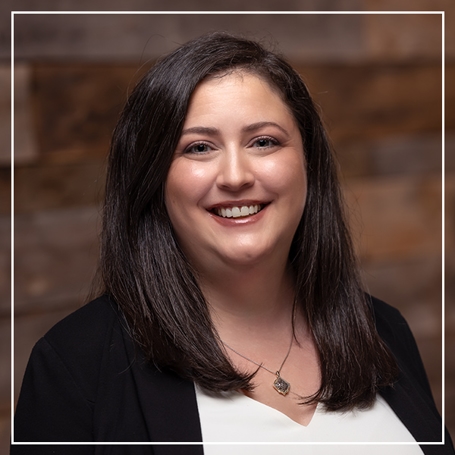
Winston-Salem Child Custody Lawyer
Navigating Child Custody Disputes in North Carolina
Child custody matters are among the most challenging issues families face. At Collins Family & Elder Law Group, we recognize child custody disputes' emotional and practical complexities. Our mission is to guide families through this complex process with compassion and a commitment to achieving the best outcomes for parents and children.
Call Collins Family & Elder Law Group today at (704) 289-3250 or contact us online to meet with our child custody attorney in Winston-Salem!
How Is Child Custody Decided in North Carolina
In North Carolina, child custody decisions are based on the child's best interests. When parents cannot agree on custody arrangements, the court determines a suitable arrangement. Various factors influence the court’s decision, including:
- Age and Needs of the Child: The child’s age, developmental needs, and emotional well-being are crucial in the decision-making process.
- Parenting Skills: Each parent's ability to provide a stable and nurturing environment is evaluated. This includes their willingness to support the child's relationship with the other parent.
- Home Environment: The living situation and overall environment each parent can provide are assessed. A safe, supportive, and stable home is essential for a child’s well-being.
- Parental Conduct: The behavior of each parent, including any history of substance abuse, neglect, or domestic violence, can impact custody decisions.
- Child’s Preference: In some cases, older children may express their preferences regarding custody. While the court does not strictly adhere to these wishes, they may be considered depending on the child's maturity level.
Mediation is often encouraged in North Carolina to help parents come to a mutual agreement regarding custody. If mediation fails, a court hearing will determine custody arrangements.
What are the Different Types of Custody?
North Carolina recognizes several types of custody arrangements, including:
- Legal Custody: This type of custody involves the right to make significant decisions affecting the child's life, such as education, healthcare, and religious upbringing. Legal custody can be granted to one parent alone or shared between both parents.
- Physical Custody: Physical custody refers to the child's living arrangements and the amount of time spent with each parent. Like legal custody, it can be categorized as sole or joint. In joint physical custody, the child splits their time between both parents, whereas in sole physical custody, the child primarily lives with one parent.
- Sole Custody: In sole custody arrangements, one parent holds legal and physical custody, meaning they make all decisions and are the primary caregiver.
- Joint Custody: Joint custody arrangements can include joint legal custody, joint physical custody, or both. This type of custody encourages parents to collaborate on significant decisions regarding their upbringing and allows them to share time with the child.
- Visitation Rights: For parents who do not have physical custody, the court may grant visitation rights, ensuring the non-custodial parent maintains a connection with the child. Visitation can vary, with options for supervised or unsupervised time based on the situation.
What Makes a Parent Unfit?
Determining parental fitness can be a sensitive issue in child custody cases. Several factors may contribute to a finding of unfitness, including:
- Substance Abuse: A history of alcohol or drug abuse can indicate a parent's inability to provide adequate care for their child, potentially leading to restrictions in custody or visitation rights.
- Domestic Violence: Any instances of domestic violence against the child or other family members are taken seriously and can heavily influence custody decisions, with the child’s safety being the foremost concern.
- Neglect: A parent's failure to provide basic needs for the child, such as food, shelter, education, and medical care, can result in a finding of unfitness.
- Mental Health Issues: Mental health conditions that are not adequately managed and that affect a parent's ability to care for their child can lead to concerns about parental fitness. In such cases, courts may seek evaluations from mental health professionals to assess the parent’s condition and its impact on their caregiving capabilities.
- Criminal Activity: A history of criminal behavior, especially crimes involving violence or harm to children, can lead to concerns about parental fitness.
Each case is unique, and allegations of unfitness require thorough evaluation and evidence.
Contact Our Winston-Salem Child Custody Attorney Today
Navigating child custody matters requires understanding, strategic planning, and the ability to advocate for your child's best interests. At Collins Family & Elder Law Group, our dedicated team is prepared to support you every step of the way. We aim to facilitate constructive dialogue between parents, prioritize the child's well-being, and work diligently to achieve a resolution that works for your family. Reach out to discuss your child custody concerns and explore your legal options with a compassionate Winston-Salem lawyer.
Contact Collins Family & Elder Law Group today to meet with our child custody lawyer in Winston-Salem!

Suite 300
Winston-Salem, NC 27103




Our Satisfied Clients
-
"I could never tell you how much I appreciate what you have done for me"Emiline Northcut
-
"Your professionalism, compassion, and dedication are truly commendable. I am truly fortunate to have had you as my attorney."Rusty Strawn and Family
-
"Shayna Matheny is incredibly amazing. She went above and beyond to help me in a very complicated case. She worked earnestly and did not give up the fight to get my kids and me the best outcome."Cecia Villalta

Meet Our Team
-
 Shawna Collins Founder
Shawna Collins Founder -
 Isla Tabrizi Partner & Chief of Legal Development
Isla Tabrizi Partner & Chief of Legal Development -
 Candace S. Faircloth Partner & Chief of Trial Strategy
Candace S. Faircloth Partner & Chief of Trial Strategy -
 Rebecca Watts Partner & Chief Legal Officer
Rebecca Watts Partner & Chief Legal Officer -
 Jennifer Rodrigue Partner & the Regional Director of Lowcountry
Jennifer Rodrigue Partner & the Regional Director of Lowcountry -
 Kathryn Cook DeAngelo Senior Counsel
Kathryn Cook DeAngelo Senior Counsel -
 Melinda Taylor Senior Attorney
Melinda Taylor Senior Attorney -
 Amber R. Morris Senior Attorney
Amber R. Morris Senior Attorney -
 Kristen Leonard Managing Attorney
Kristen Leonard Managing Attorney -
 Nancy Roberts Attorney at Law
Nancy Roberts Attorney at Law -
 Keri Olivetti Attorney at Law
Keri Olivetti Attorney at Law -
 Ali Miller Attorney at Law
Ali Miller Attorney at Law -
 Monica Schuring Attorney at Law
Monica Schuring Attorney at Law -
 Stephanie Smith Attorney at Law
Stephanie Smith Attorney at Law -
 Spencer Schold Attorney at Law
Spencer Schold Attorney at Law -
 Christine Robbins Attorney at Law
Christine Robbins Attorney at Law -
 Alexa Litt Attorney at Law
Alexa Litt Attorney at Law -
 Madison Woschkolup Attorney at Law
Madison Woschkolup Attorney at Law -
 Shayna Matheny Attorney at Law
Shayna Matheny Attorney at Law -
 Courtney Lockerman Attorney at Law
Courtney Lockerman Attorney at Law -
 Chelsea Josey Attorney at Law
Chelsea Josey Attorney at Law -
 Kaitlyn Yost Attorney at Law
Kaitlyn Yost Attorney at Law -
 Tabitha Alcott Attorney at Law
Tabitha Alcott Attorney at Law -
 Mikaila Matt Attorney at Law
Mikaila Matt Attorney at Law -
 Patti Tutone Attorney at Law
Patti Tutone Attorney at Law -
 Julianna Grant Attorney at Law
Julianna Grant Attorney at Law -
 Lauren Riedy Attorney at Law
Lauren Riedy Attorney at Law


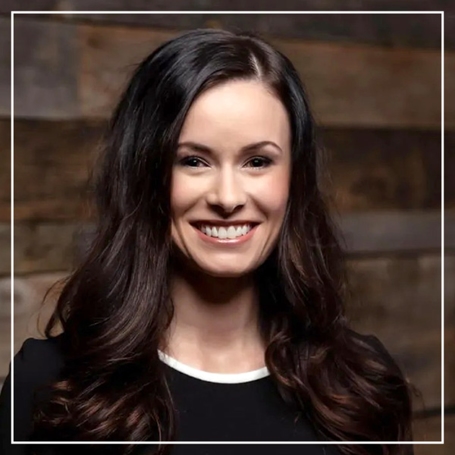





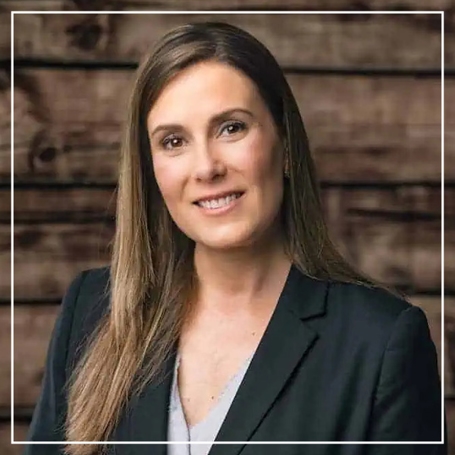

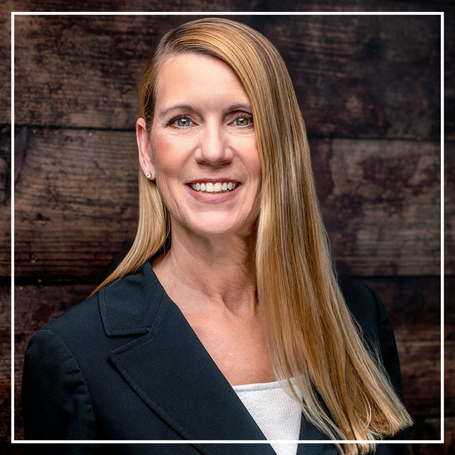



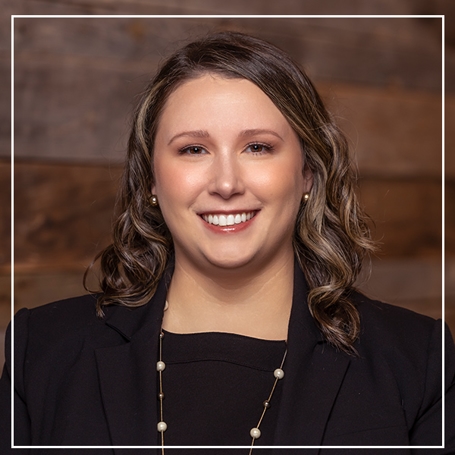


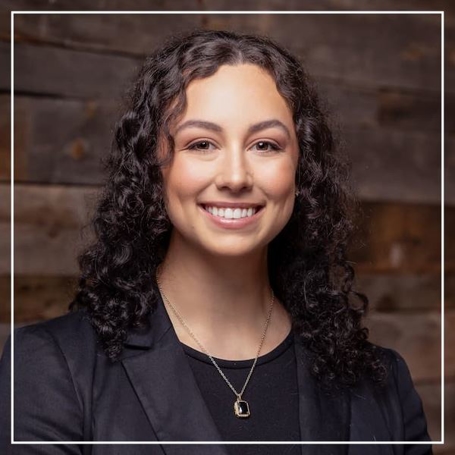


.2407050835546.jpg)



